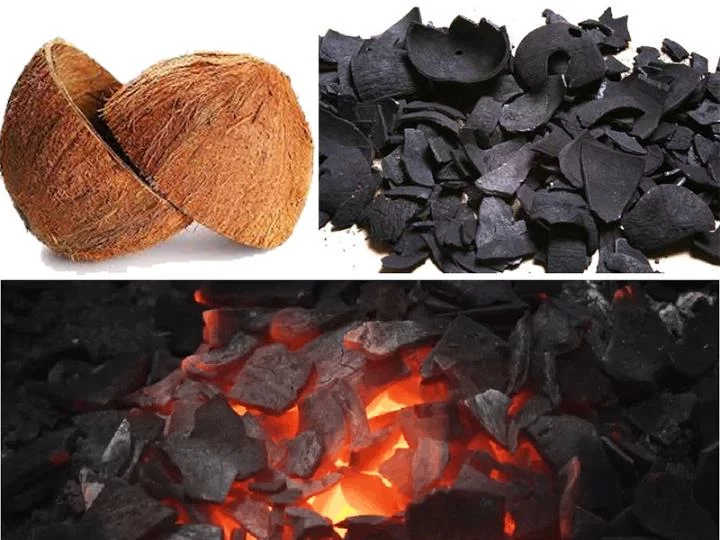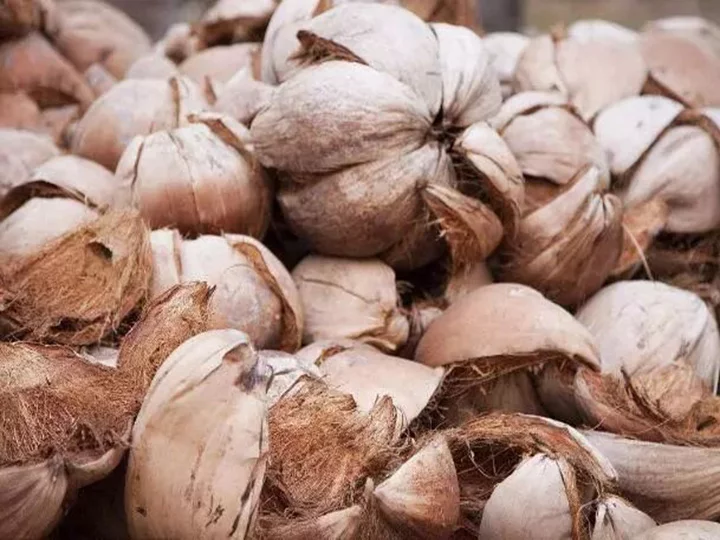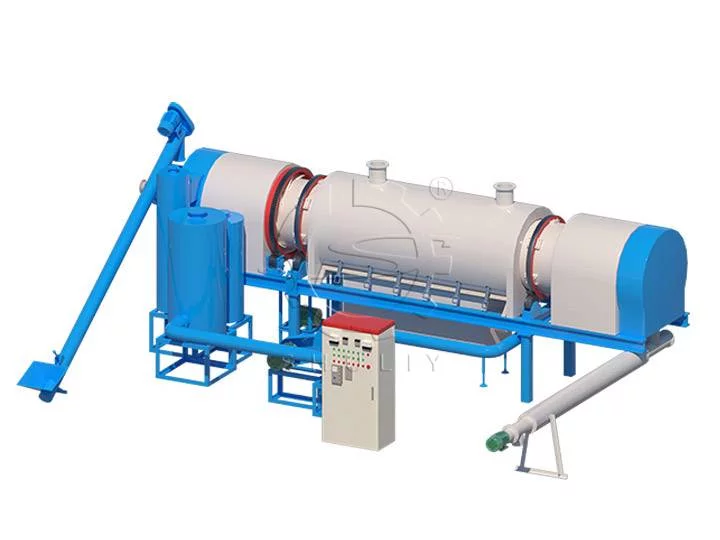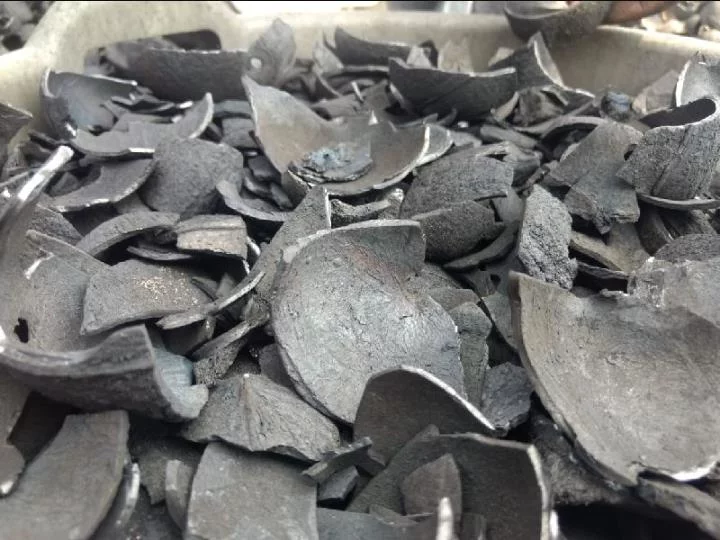How to Make Charcoal from Coconut Shell?
If you’re looking to explore the world of sustainable energy and environmentally friendly products, making coconut shell charcoal is an excellent choice. Coconut shell charcoal is not only a renewable resource but also offers numerous applications, from grilling to purifying water. In this guide, we’ll take you through the process of making coconut shell charcoal, highlight the key steps involved, and introduce you to the essential equipment, such as the coconut shell charcoal making machine, used in coconut shell charcoal production.

Coconut Shell Charcoal Production Process
Harvesting Coconut Shells
The first step in making coconut shell charcoal is the collection of coconut shells. These shells are a byproduct of the coconut industry and are widely available in tropical regions. Ensure that the collected shells are clean and free from any contaminants.

Drying the Coconut Shells
Moisture content in coconut shells should be reduced to around 15-20%. Drying the shells can be done naturally by exposing them to sunlight or using mechanical drying equipment. Lower moisture content ensures better charcoal quality.
Carbonization Process
The carbonization process involves heating the dried coconut shells in an oxygen-free environment. This process is typically carried out in a coconut shell charcoal machine, which is specially designed for this purpose. The coconut shell charcoal machine uses a pyrolysis method to convert the shells into charcoal. The temperature and duration of carbonization are critical factors in determining the quality of the charcoal.

Cooling and Collection
After the carbonization process is complete, the coconut shell charcoal must be allowed to cool. Once cooled, the charcoal is collected and stored for further processing or distribution.
Packaging and Distribution
The final step in coconut shell charcoal production is packaging and distribution. High-quality charcoal is packed in suitable containers for sale or further processing. It is essential to store coconut shell charcoal in a dry place to maintain its quality.
Benefits of Coconut Shell Charcoal
- Renewable Resource: Coconut shells are a natural byproduct of the coconut industry, making coconut shell charcoal a sustainable and renewable resource.
- Environmentally Friendly: The production of coconut shell charcoal has a lower environmental impact compared to other types of charcoal, as it utilizes waste materials.
- High Heat Capacity: Coconut shell charcoal has a high heat capacity, making it an excellent choice for grilling, barbecuing, and cooking.
- Water Purification: Activated charcoal made from coconut shells is widely used for water purification due to its porous structure, which can effectively remove impurities and contaminants.

Where to Find Coconut Shell Charcoal Machine?
If you’re considering venturing into coconut shell charcoal production, it’s crucial to invest in the right equipment. One reputable manufacturer of coconut charcoal making machines is “Shuliy Wood & Charcoal Machinery.” They specialize in designing and manufacturing a wide range of wood and charcoal processing equipment, including coconut charcoal making machines. With their expertise and high-quality machines, you can kickstart your coconut shell charcoal production venture with confidence.
Producing coconut shell charcoal is not only environmentally friendly but also offers a wide range of applications. By following the steps outlined in this guide and investing in a reliable coconut shell charcoal machine from Shuliy Wood & Charcoal Machinery, you can embark on a sustainable and profitable journey in coconut shell charcoal production. Whether you’re looking to BBQ with friends or purify water in remote areas, coconut shell charcoal is a versatile and eco-friendly choice. Start your coconut shell charcoal production journey today and contribute to a greener, more sustainable future.
